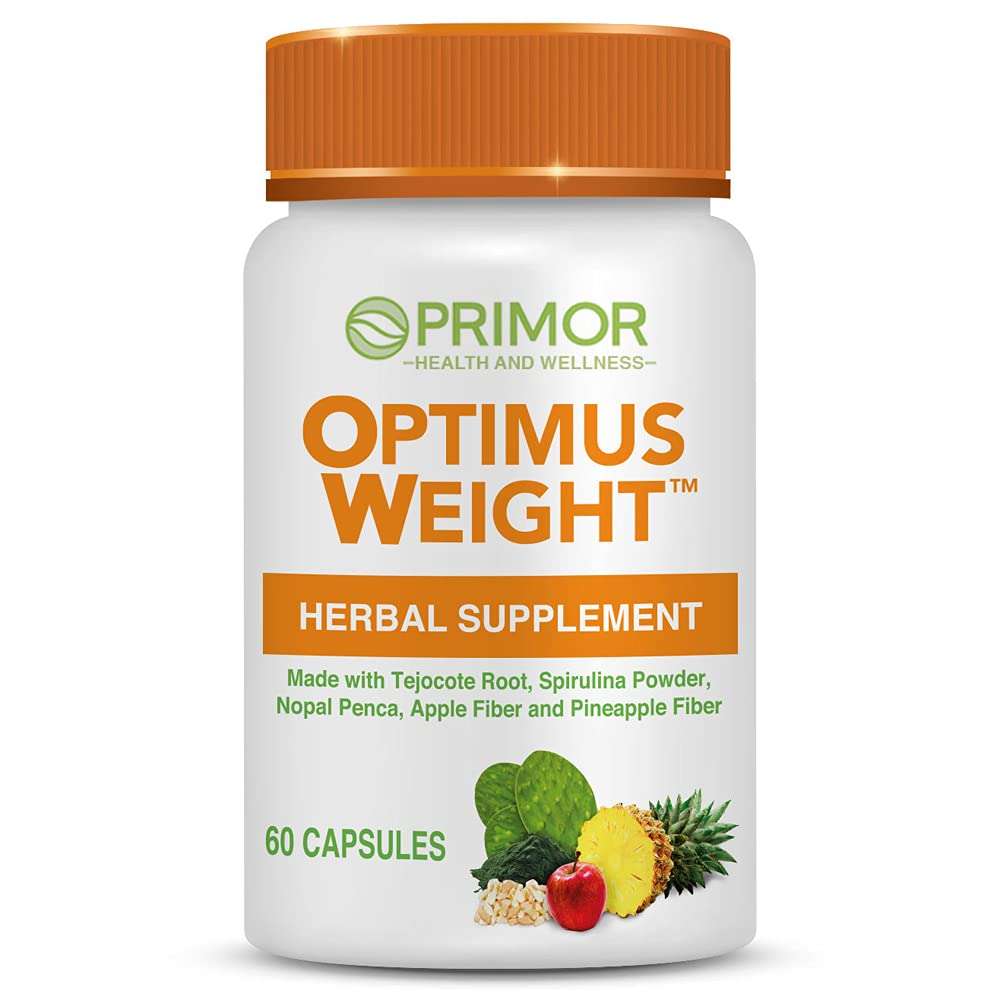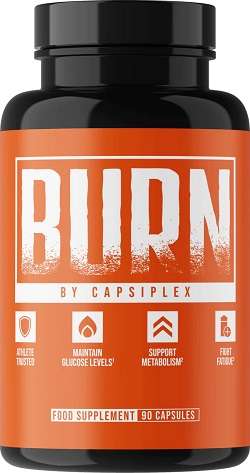that actually work? I mean, there are so many options out there claiming to help you shed pounds fast, but how do you know which ones are safe and effective? It’s a question that many of us have asked ourselves at one point or another. Well, the good news is that there are indeed some weight loss supplements that have been scientifically proven to be safe and effective.
In this article, we’ll take a deep dive into the world of weight loss supplements and examine the ones that have been backed by research. We’ll discuss the benefits they offer, the potential risks associated with them, and how to choose the right one for you. So if you’ve been wondering if there are any safe weight loss supplements out there, you’re in the right place.
When it comes to weight loss supplements, it’s important to approach them with caution. While there are some that have been deemed safe and effective, there are also many out there that are not regulated by the FDA and may contain harmful ingredients. That’s why it’s crucial to do your research and consult with a healthcare professional before starting any new supplement regimen.
So, if you’re ready to learn more about safe weight loss supplements and how they can help you on your journey to a healthier you, read on. We’ll provide all the information you need to make an informed decision and achieve your weight loss goals safely.

What are weight loss supplements
Definition of weight loss supplements
Weight loss supplements are products that are designed to aid in weight loss by either suppressing appetite, increasing metabolism, or reducing the absorption of fat. These supplements come in various forms, including pills, powders, liquids, and teas. They are often marketed as quick and easy solutions to shedding unwanted pounds.
Types of weight loss supplements
There are numerous types of weight loss supplements available on the market, each claiming to offer unique benefits. Some common types include:
- Thermogenics: These supplements aim to increase the body’s metabolism and fat-burning capabilities by raising its core temperature.
- Appetite suppressants: These supplements work by reducing hunger pangs, helping individuals consume fewer calories throughout the day.
- Fat blockers: These supplements aim to prevent the absorption of dietary fat in the body, reducing overall calorie intake.
- Carb blockers: Similar to fat blockers, carb blockers aim to inhibit the absorption of carbohydrates, thus reducing calorie intake.
- Diuretics: These supplements work by increasing the frequency of urination, leading to temporary water weight loss.
The effectiveness of weight loss supplements
The concept of weight loss
Weight loss is a complex process that involves creating a calorie deficit, which means consuming fewer calories than your body needs for energy. This deficit forces your body to utilize stored fat for fuel, resulting in weight loss. While weight loss supplements may provide some assistance in this process, they are not magic solutions.
Factors influencing weight loss
Effective weight loss is influenced by several factors, including diet, exercise, genetics, metabolism, and overall lifestyle. Weight loss supplements should be seen as complementary tools rather than sole solutions. It is important to address these factors holistically to achieve long-term success.

Common ingredients in weight loss supplements
Overview of common ingredients
Weight loss supplements often contain a combination of different ingredients. Some common ones include:
- Caffeine: Known for its stimulant properties, caffeine can increase metabolism and reduce appetite.
- Green tea extract: Rich in antioxidants and catechins, green tea extract is believed to aid in weight loss by increasing metabolism and fat oxidation.
- Garcinia cambogia: Derived from a tropical fruit, this ingredient is believed to suppress appetite and block the production of fat.
- Conjugated linoleic acid (CLA): Found in meat and dairy products, CLA is thought to help reduce body fat and increase lean muscle mass.
Function and effects of each ingredient
- Caffeine: It stimulates the central nervous system, giving a temporary boost in energy levels and increasing alertness. It may also slightly increase calorie expenditure and fat oxidation.
- Green tea extract: The catechins in green tea extract have been shown to increase fat oxidation and improve insulin sensitivity, potentially aiding in weight loss.
- Garcinia cambogia: This ingredient contains hydroxycitric acid (HCA), which is believed to inhibit an enzyme involved in fat production and reduce appetite. However, scientific evidence supporting its effectiveness is limited.
- CLA: This ingredient may help reduce body fat by increasing fat oxidation and suppressing appetite. However, further research is needed to fully understand its mechanisms and effectiveness.
Safety concerns with weight loss supplements
Potential side effects
While weight loss supplements may seem appealing, it is essential to consider their potential side effects. Some common side effects include:
- Increased heart rate
- High blood pressure
- Digestive issues (such as diarrhea or constipation)
- Insomnia
- Nervousness or jitteriness
Interactions with medications
Weight loss supplements may interact with certain medications, potentially negating their effects or causing harmful interactions. It is crucial to consult with a healthcare professional before starting any weight loss supplement, especially if you are taking prescription medications.
Regulatory issues
The weight loss supplement industry is not heavily regulated, which means that manufacturers can make bold claims without substantial scientific evidence. Therefore, it is important to exercise caution and conduct thorough research before purchasing any weight loss supplement.

Criteria for selecting safe weight loss supplements
Evaluating scientific evidence
When selecting weight loss supplements, it is vital to look for products that have undergone rigorous scientific research and have demonstrated their effectiveness and safety. Look for supplements that have been tested in clinical trials and have published studies supporting their claims.
Consulting healthcare professionals
To ensure your safety and maximize the effectiveness of weight loss supplements, it is highly recommended to consult with a healthcare professional, such as a physician or a registered dietitian. They can provide personalized advice based on your individual needs and guide you towards safe and effective options.
Natural alternatives to weight loss supplements
Diet and exercise recommendations
A balanced diet and regular exercise remain the cornerstone of any effective weight loss plan. Instead of relying solely on weight loss supplements, focus on creating a healthy and sustainable lifestyle that includes whole foods, portion control, and regular physical activity.
Herbal remedies for weight loss
Certain herbal remedies may provide additional support for weight loss. For example, green tea, pepper, and ginger are believed to boost metabolism and aid in digestion. However, it is important to remember that these remedies should not replace a balanced diet and exercise regimen.

Understanding the marketing tactics of weight loss supplements
Misleading claims and testimonials
Weight loss supplements often rely on flashy marketing tactics, promising drastic results within a short period. It is crucial to approach these claims with skepticism and read beyond the testimonials. Remember that individual results may vary, and there is no magic pill for effortless weight loss.
Identifying reputable brands
To ensure you are purchasing safe and effective weight loss supplements, look for reputable brands that adhere to strict quality control standards. These brands often use trusted sources for their ingredients and invest in research to support their product claims.
Importance of a balanced approach to weight loss
The role of portion control
Weight loss is not solely about the specific foods you eat; it is also about the quantity. Portion control plays a crucial role in achieving and maintaining a healthy weight. It is important to be mindful of portion sizes and listen to your body’s hunger and fullness cues.
Maintaining a healthy lifestyle
Weight loss supplements should not be seen as a quick fix or a long-term solution. It is important to focus on maintaining a healthy lifestyle that includes proper nutrition, regular exercise, stress management, and adequate sleep. These lifestyle factors, along with weight loss supplements when appropriate, can contribute to sustainable weight loss.

Seeking professional guidance
Working with a dietitian or nutritionist
If you are struggling with weight loss or have specific dietary considerations, working with a dietitian or nutritionist can provide valuable guidance. They can help you create a personalized weight loss plan that takes into account your individual needs, preferences, and goals.
Developing personalized weight loss plans
Every individual is unique, and what works for one person may not work for another. A personalized weight loss plan considers factors such as genetic predispositions, existing health conditions, and lifestyle preferences. It is important to work with a healthcare professional to develop a plan that is safe, effective, and sustainable for you.
Conclusion
In conclusion, while weight loss supplements may be a tempting option for shedding pounds, it is crucial to approach them with caution and an informed decision-making process. These supplements are not magical solutions and should not replace a healthy diet and exercise routine. Seek out reputable brands with scientific evidence supporting their claims and consult with healthcare professionals to maximize safety and effectiveness. Remember, achieving and maintaining a healthy weight is a holistic journey that requires a balanced approach, personalized guidance, and a commitment to a healthy lifestyle.
